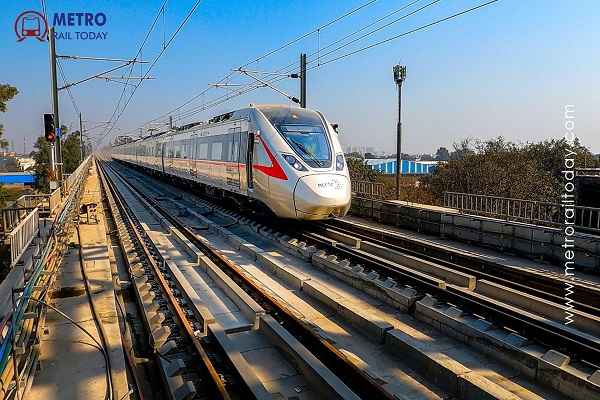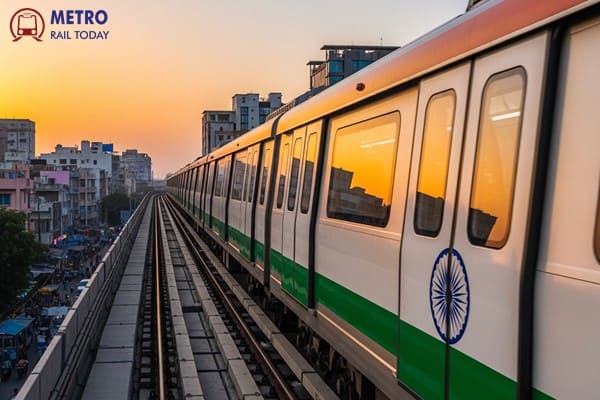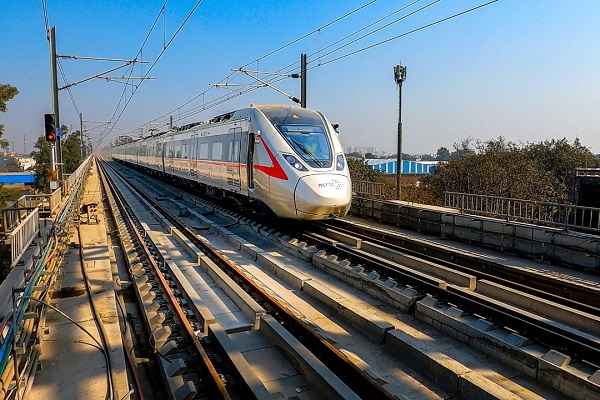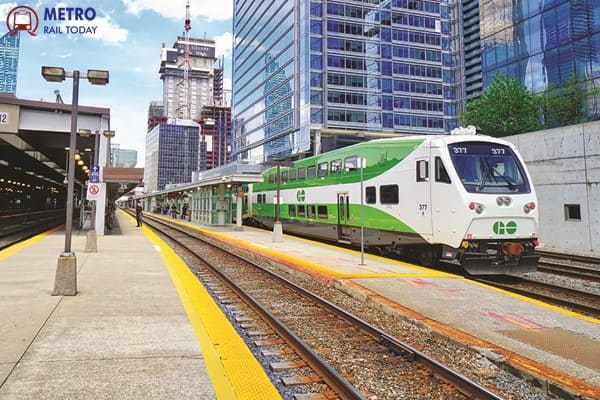 Ireland approves 18.8 km Dublin Metro Link Project after decades-long wait
Ireland approves 18.8 km Dublin Metro Link Project after decades-long wait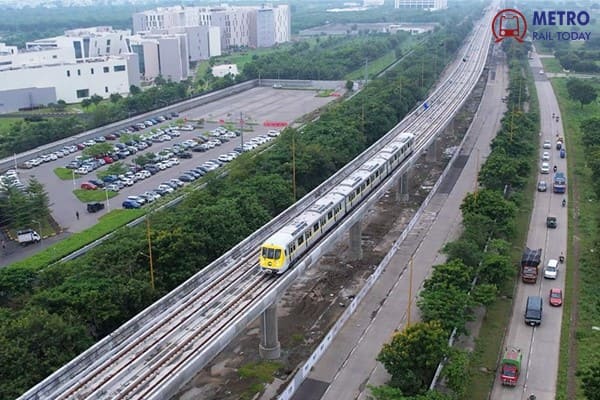 ADB approves $190 Million Loan for Indore Metro Rail Project to boost Urban Mobility
ADB approves $190 Million Loan for Indore Metro Rail Project to boost Urban Mobility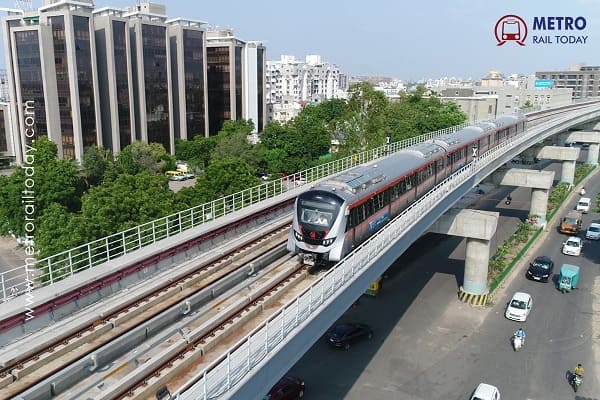 Gandhinagar Metro extends Trial Run from Sachivalaya to Mahatma Mandir
Gandhinagar Metro extends Trial Run from Sachivalaya to Mahatma Mandir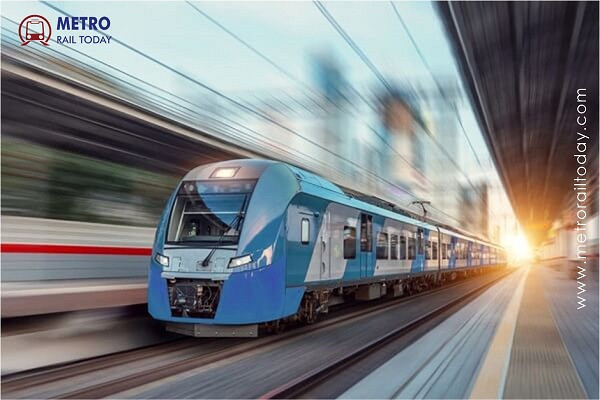 SYSTRA acquires Ardanuy Ingenieria to bolster Global Rail and Urban Transport expertise
SYSTRA acquires Ardanuy Ingenieria to bolster Global Rail and Urban Transport expertise Metro, Monorail and Pod Taxis: How MMRDA is Reinventing Mumbai’s Urban Transport?
Metro, Monorail and Pod Taxis: How MMRDA is Reinventing Mumbai’s Urban Transport?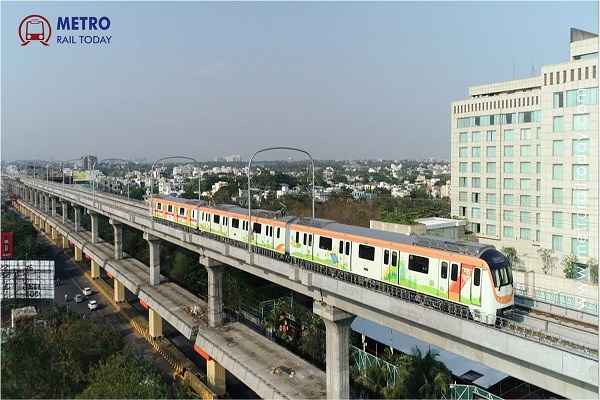 Maha Metro partners with IIT Kanpur to shield Nagpur and Pune Metro Systems from Cyber threats
Maha Metro partners with IIT Kanpur to shield Nagpur and Pune Metro Systems from Cyber threats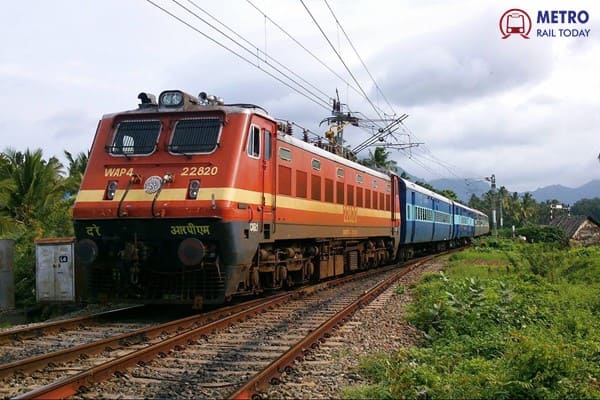 R. Rajagopal appointed as Member (Traction & Rolling Stock), Railway Board, Ministry of Railways
R. Rajagopal appointed as Member (Traction & Rolling Stock), Railway Board, Ministry of Railways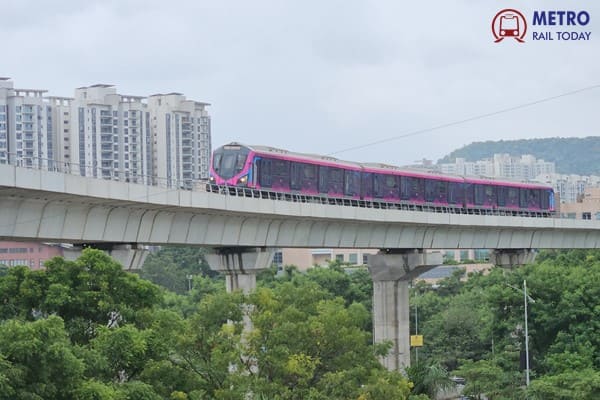 Maha Metro to appoint DPR Consultant for Pune's Shivajinagar-Kondhwa Metro Line
Maha Metro to appoint DPR Consultant for Pune's Shivajinagar-Kondhwa Metro Line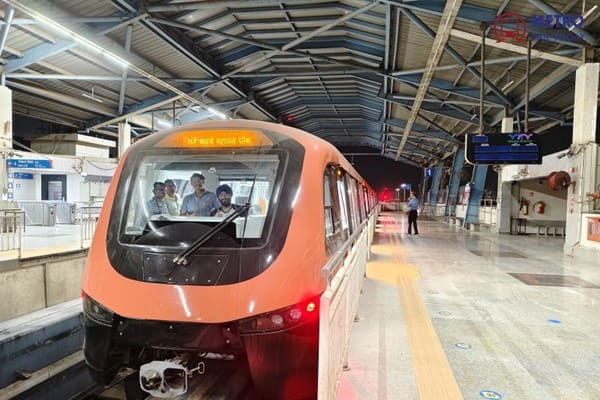 Mumbai Monorail suspension sparks Job Losses and Backlash despite system upgrade plans
Mumbai Monorail suspension sparks Job Losses and Backlash despite system upgrade plans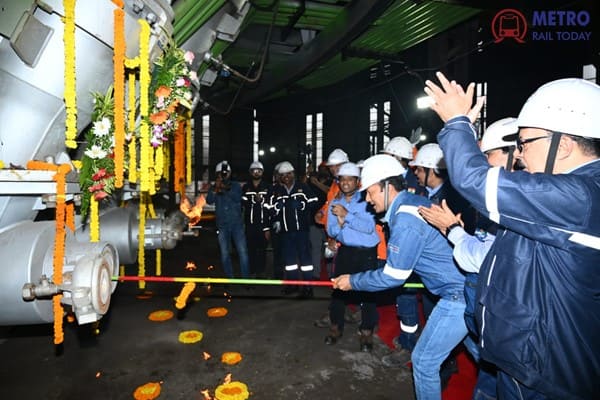 Jindal Steel Commissions One of India’s Largest Blast Furnaces in Odisha
Jindal Steel Commissions One of India’s Largest Blast Furnaces in Odisha
Namo Bharat Transforms NCR Mobility, Puts Uttar Pradesh on Track for High-Speed Growth
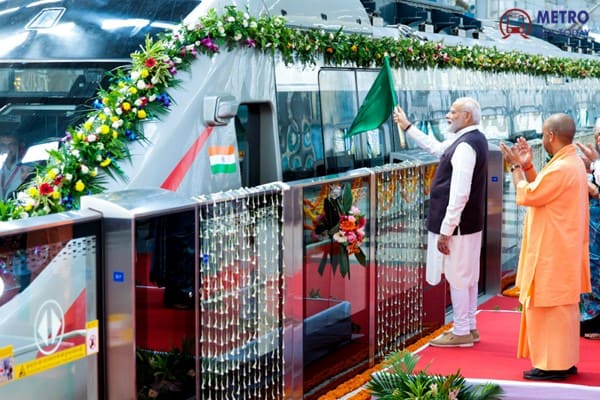
India’s first Regional Rapid Transit System (RRTS)—Namo Bharat—is redefining the way people move across the National Capital Region (NCR) and Uttar Pradesh, creating a benchmark for fast, integrated, and sustainable urban mobility. Developed under the leadership of Prime Minister Narendra Modi and Uttar Pradesh Chief Minister Yogi Adityanath, this pioneering infrastructure project is transforming regional connectivity while aligning with India’s $1 trillion economic vision for UP.
The 82-kilometre-long Delhi–Ghaziabad–Meerut corridor, implemented by the National Capital Region Transport Corporation (NCRTC), is the first of several high-speed corridors planned under the RRTS framework. With 70 km elevated and 12 km underground, the line covers 14 km in Delhi and 68 km in Uttar Pradesh. As of now, a 55 km stretch from New Ashok Nagar to Meerut South is operational, and the remaining segments—Sarai Kale Khan to New Ashok Nagar and Meerut South to Modipuram—are nearing completion.
Trains operate at a top speed of 160 km/h, reducing travel time between Delhi and Meerut to under 60 minutes. The corridor, which has already seen a daily ridership of 60,000 passengers, is expected to eventually replace nearly 1 lakh private cars, significantly easing traffic congestion and cutting urban air pollution.
Mrs. Mamta Shah, MD & CEO of Urban Infra Group, noted, “Namo Bharat is not just a transport project—it’s a catalytic engine for inclusive development, industrial growth, and climate resilience. Its seamless integration of high-speed rail and city metro operations sets a new global standard for urban-regional mobility.”
India’s First Shared Rapid Rail–Metro Corridor
A standout feature is the shared track section in Meerut, where Namo Bharat trains and Meerut Metro services run on the same infrastructure. This unique hybrid design offers high-speed regional mobility and dense urban coverage—delivering access, affordability, and efficiency in one integrated model.
Backed by ETCS Level 2 signalling standards and LTE-based radio communication, the corridor is equipped with:
-
Ballastless tracks for smoother, faster operations
-
Platform screen doors for enhanced passenger safety
-
Air-conditioned coaches with onboard digital systems
-
CBTC integration for real-time speed and safety control
₹30,000 Crore Investment Driving Jobs & Growth
The Namo Bharat corridor represents an investment of over ₹30,000 crore, generating thousands of jobs during construction and paving the way for future employment across emerging residential, logistics, and industrial zones along the route.
The corridor links directly with key expressways, including:
-
Purvanchal Expressway
-
Bundelkhand Expressway
-
Ganga Expressway
These connections strengthen Uttar Pradesh’s industrial corridors, enabling faster access for freight, improving logistics, and attracting anchor industries and manufacturing clusters to the state.
A Gateway to High-Speed Mobility in India
Namo Bharat is the first of eight planned RRTS corridors aimed at reshaping northern India’s mobility landscape. By providing fast, green, and reliable connectivity between Tier-1 and Tier-2 cities, the system is envisioned to unlock productivity and real estate value while improving the ease of living and commuting for millions.
Once fully operational, the corridor will:
-
Reduce travel time between NCR hubs by over 60%
-
Cut carbon emissions significantly
-
Support the $1 trillion economic ambition of Uttar Pradesh
-
Set the foundation for next-gen smart cities along its route
Namo Bharat represents a monumental leap in India's infrastructure journey—where speed meets sustainability, and regional development meets global innovation. As Uttar Pradesh emerges as the epicentre of high-speed connectivity, projects like these are not just transforming transit—they're shaping India’s economic future.





